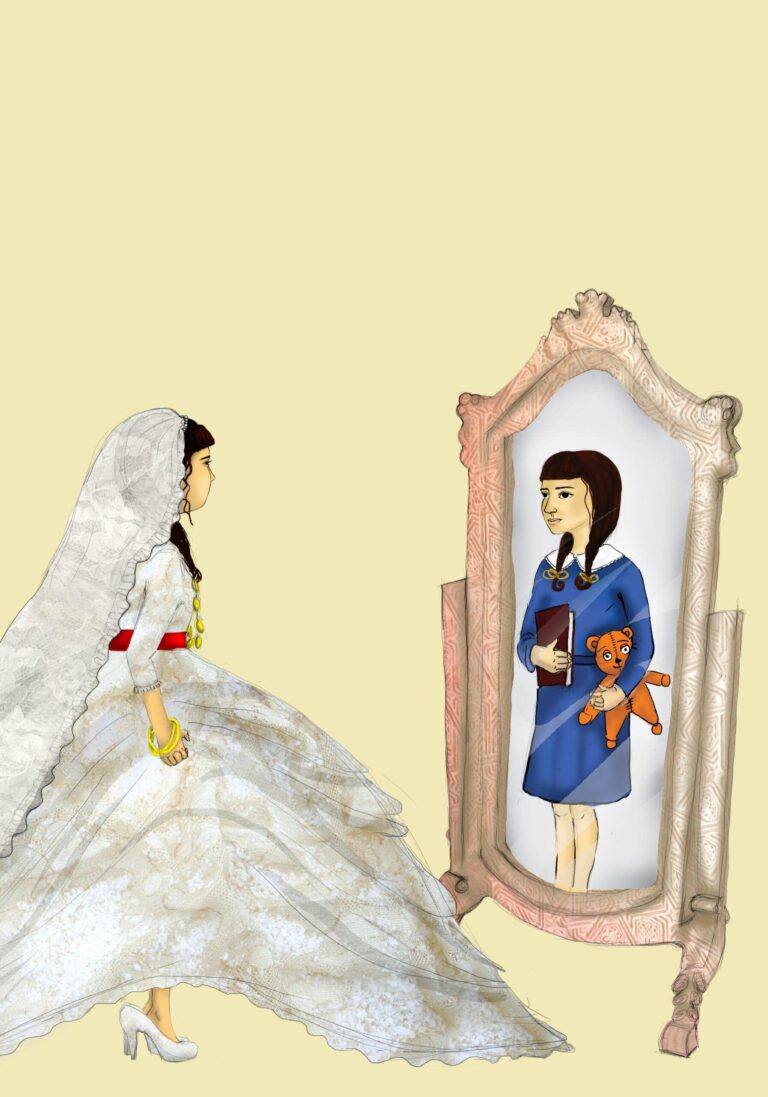Understanding Child Marriage
Child marriage is a significant issue affecting millions of children globally, particularly in developing countries. This archaic practice deprives children of their childhood and impacts their health and education. In Eritrea, child marriage is deeply rooted in cultural, economic, and social factors.
The Cultural Context of Child Marriage in Eritrea
Eritrea’s society is influenced by traditional practices that often prioritize marriage over education. Many families believe that marrying off their daughters at a young age secures their future and the family’s honor. This cultural context perpetuates the cycle of poverty and gender inequality.
Impact on Education and Health
Child brides face numerous challenges, including a lack of education and health risks associated with early childbirth. Education often becomes an unattainable dream for girls who are forced into marriage at a young age. This lack of education can lead to systemic issues such as limited job opportunities and increased poverty rates.
Government and NGO Efforts
The Eritrean government, alongside various non-governmental organizations, is working to combat child marriage. These efforts include raising awareness about the legal age for marriage and the negative impacts of child marriage. However, the effectiveness of these initiatives is often hindered by persistent cultural attitudes and economic hardship.
Conclusion
Addressing child marriage in Eritrea requires a multi-faceted approach that includes community engagement and education. By empowering girls and their families, it is possible to break the cycle of child marriage. For more information on this issue, you can visit this resource that discusses the challenges and potential solutions surrounding child marriage in Eritrea.

